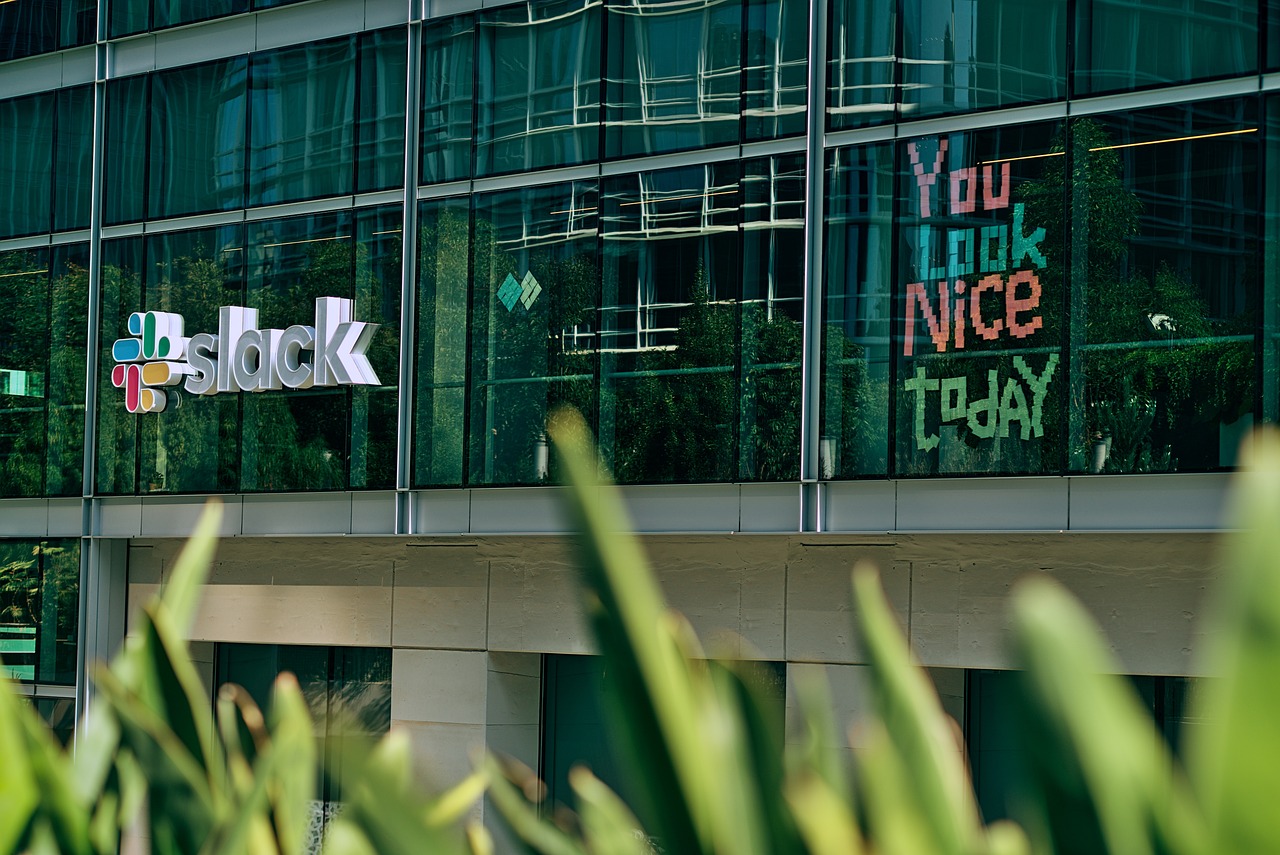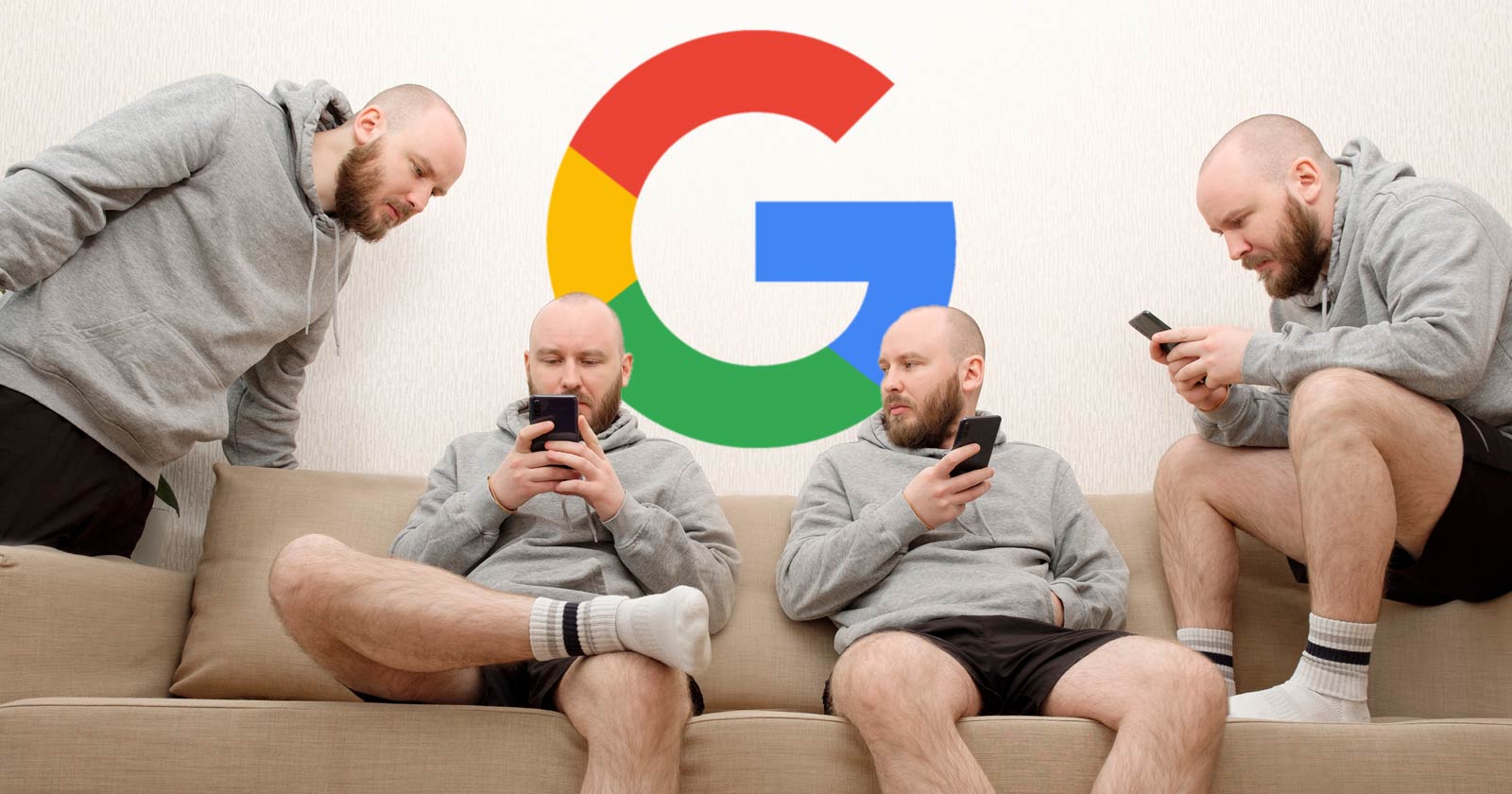AI Assistant Bias Revealed: Here’s Who Gets Favored & Who Gets Shunned in the New Era
Instead of just looking at which websites are mentioned the most, I wanted to understand whether those mentions actually match the popularity of the topics being discussed. I compared each domain’s Mention Share (how often it shows up) to...
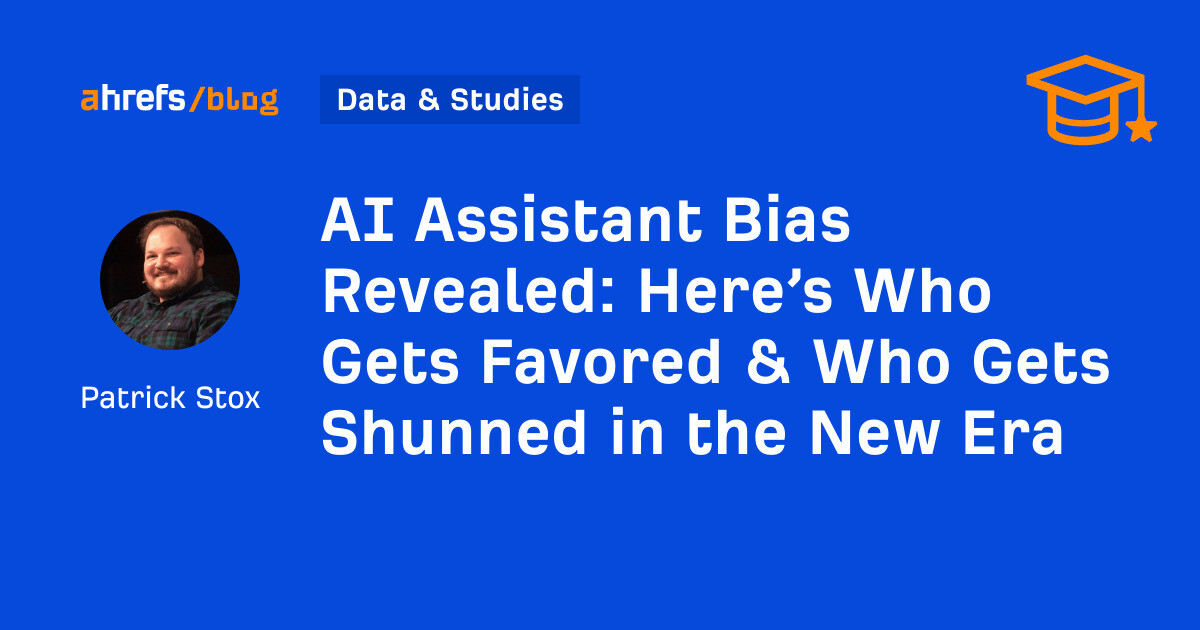
AI assistants are rewriting the rules when it comes to visibility on the web. The websites they mention are chosen based on different criteria than traditional search rankings. Instead of just looking at which websites are mentioned the most, I wanted to understand whether those mentions actually match the popularity of the topics being discussed. I compared each domain’s Mention Share (how often it shows up) to its Impression Share (how often you’d expect it to show up based on search volume for those topics). This comparison helps to uncover biases and show whether a particular system is leaning into certain sources more or less than expected based on the popularity of the topics the website covers. I looked at the top 50 websites cited in Ahrefs Brand Radar for Google AI Overviews, ChatGPT, and Perplexity. This is across ~76.7M AI Overviews, 957k ChatGPT prompts, and 953.5k Perplexity prompts for the month of June 2025. Here’s the nerdy data. Google seems to be relying on more user-generated content (UGC) sites than they are trustworthy sites, those considered to have more EEAT. Here are a couple definitions to keep in mind: The difference between Mention Share and Impression Share tells you whether a website is being cited more in high-visibility queries or low-visibility ones. It reveals systemic biases in how AI assistants show different websites. Over-relying on: Under-utilizing: You can use Ahrefs Brand Radar to see when these biases may have been introduced. For example, here are the Mentions for the top 5 sites in AI Overviews over time, but weighted to the market. It looks like Google is moving away from Wikipedia, moving towards Reddit heavily in December and March, towards Google Translate in March, towards Quora in December and March, but away from Quora in April, and may have moved away from YouTube back in October, but brought it back in April. This is how you see algorithm updates and trends in the new era. ChatGPT was the system that I thought would have the most radical differences. Overall, they seem to under-represent Wikipedia and news sites. One more definition: Over-relying on: Under-utilizing: I was expecting Perplexity to bias against Wikipedia more. The CEO has made some comments about Wikipedia’s bias and even offered to support anyone who wanted to build an alternative. I couldn’t have been more wrong. Perplexity appears to be the most balanced, showing mention patterns that roughly align with topic popularity on the traditional web. Over-relying on: Under-utilizing: Search is fragmenting. We’re so used to just optimizing for Google. Now we might need to look at optimizing for different systems with different biases.
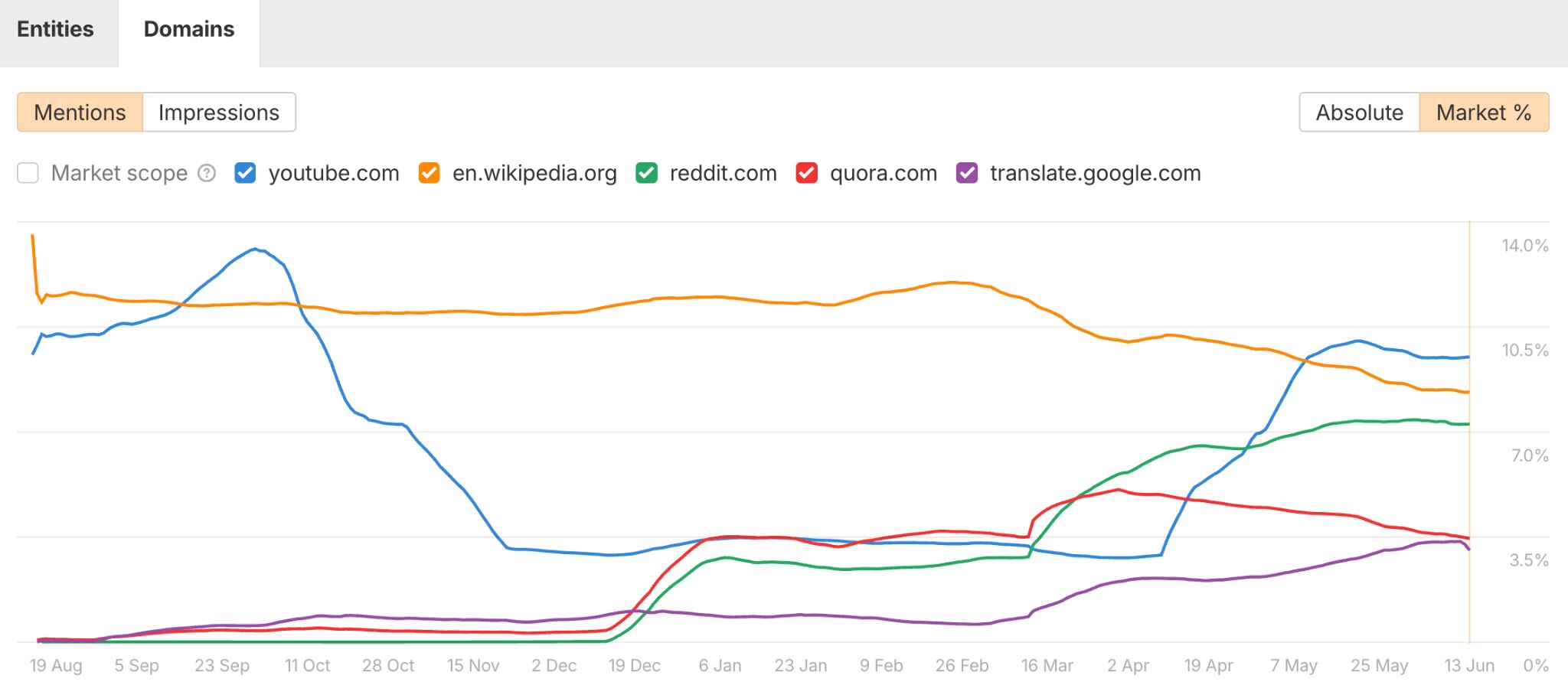
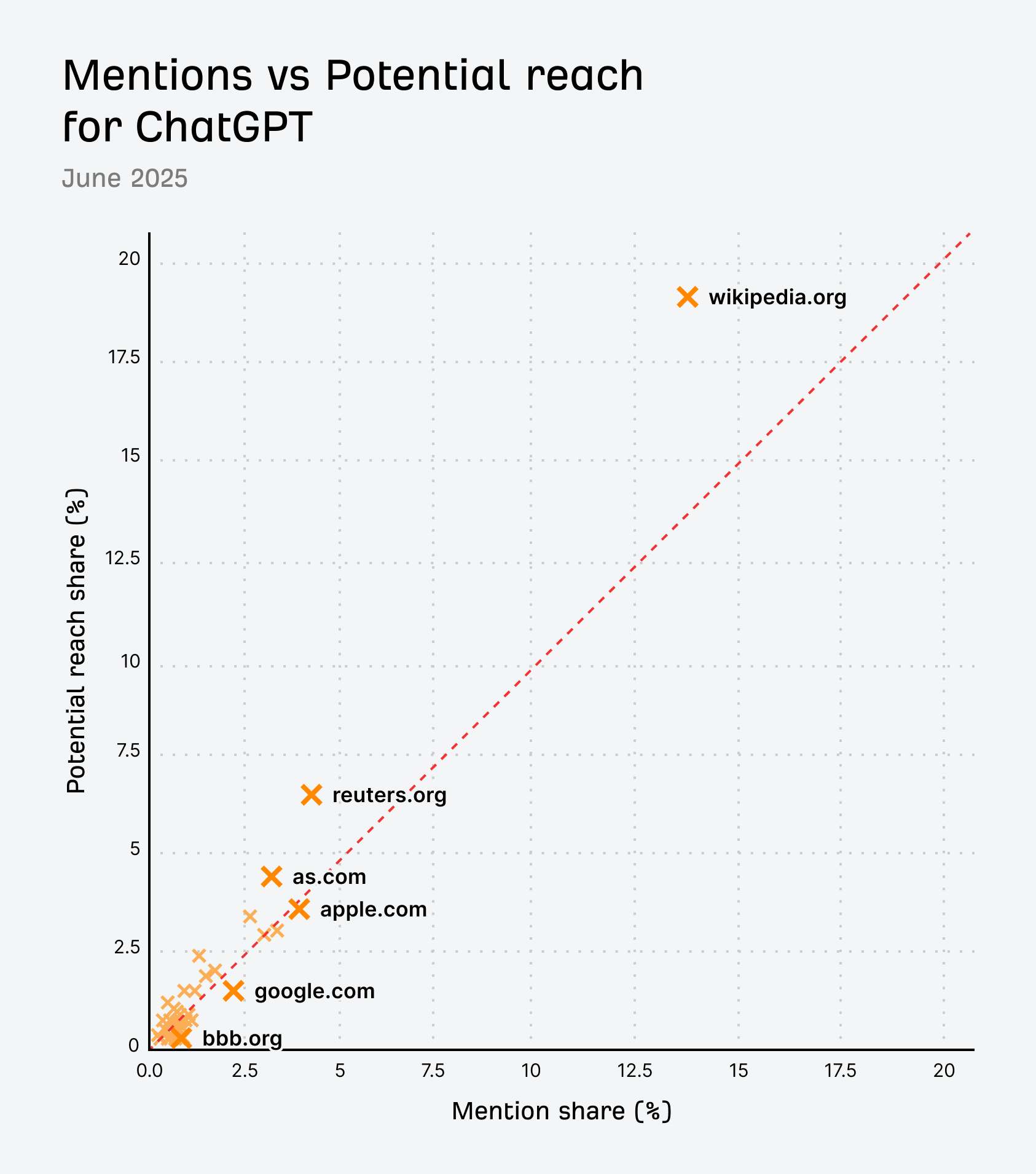
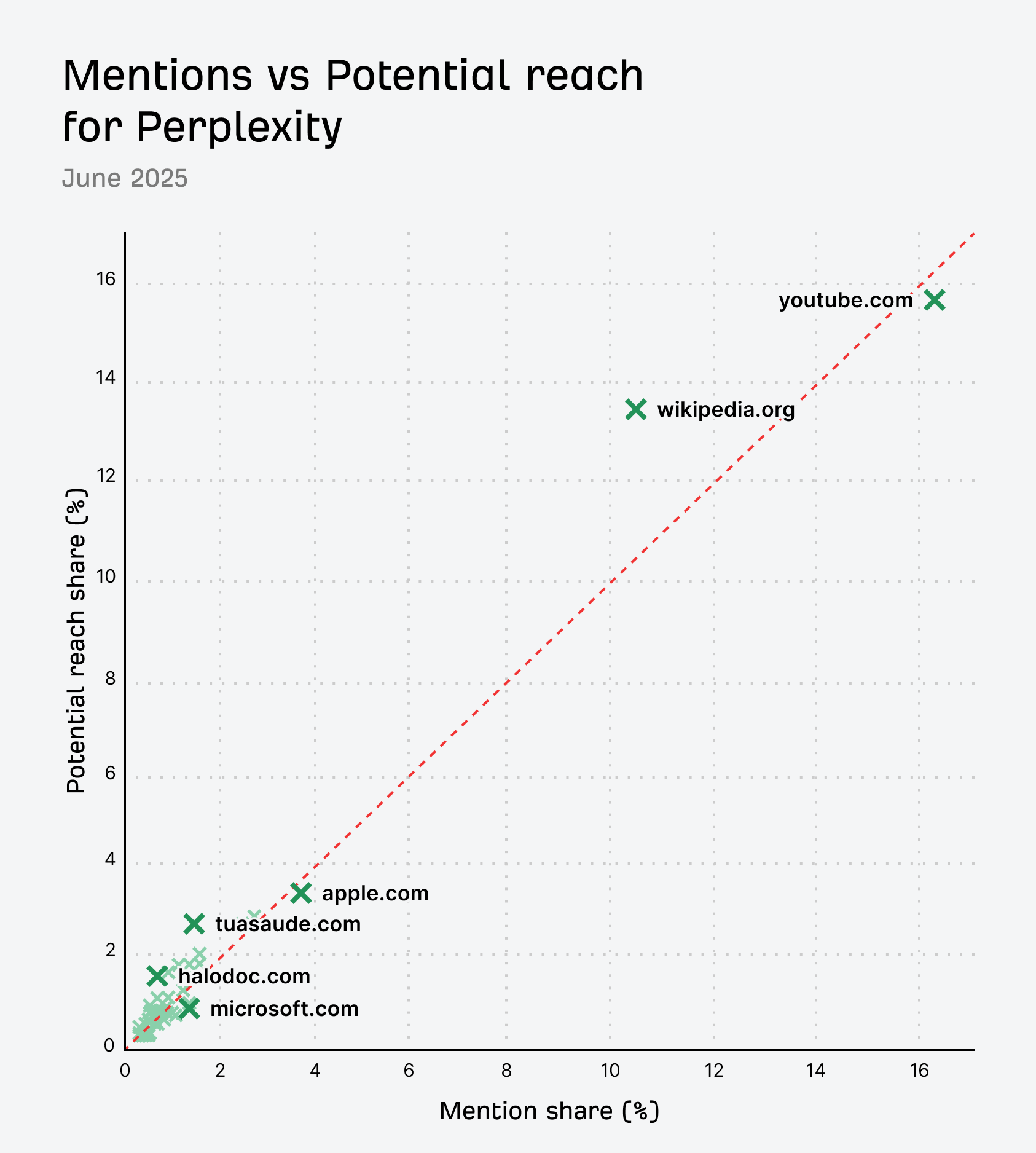
Final thoughts

 Aliver
Aliver 








